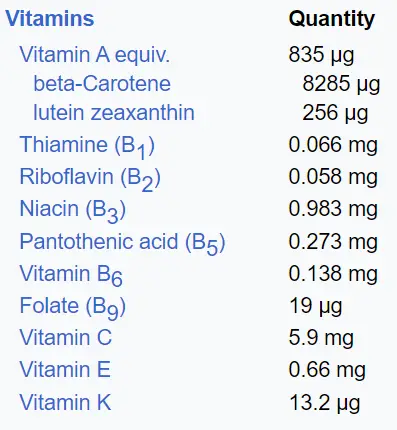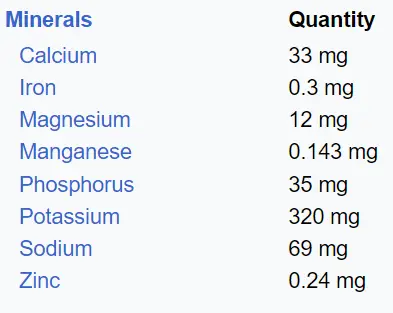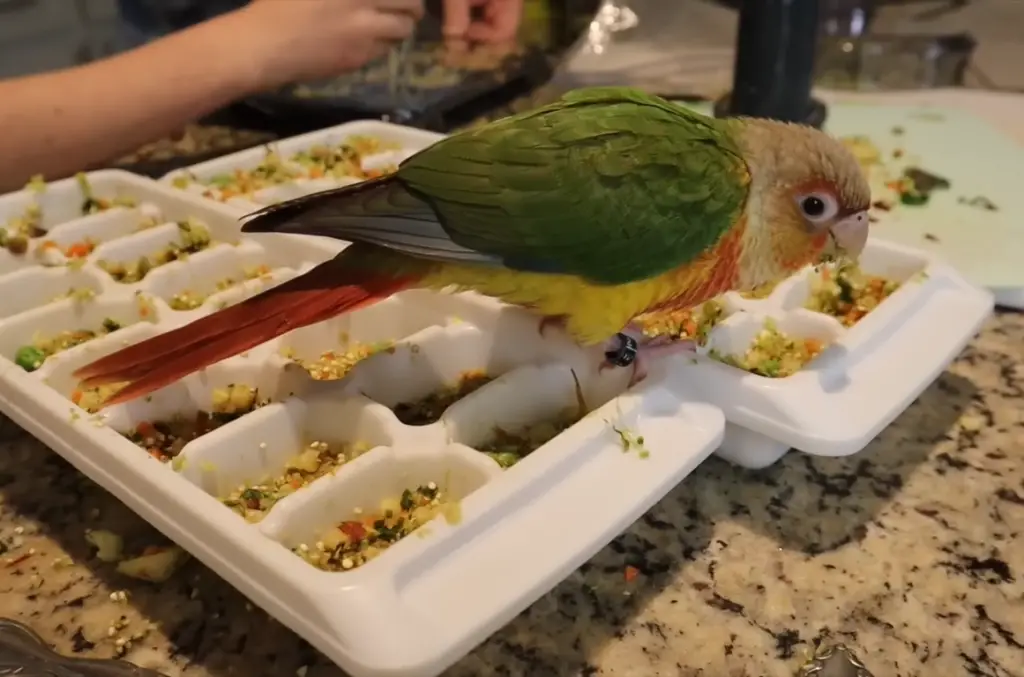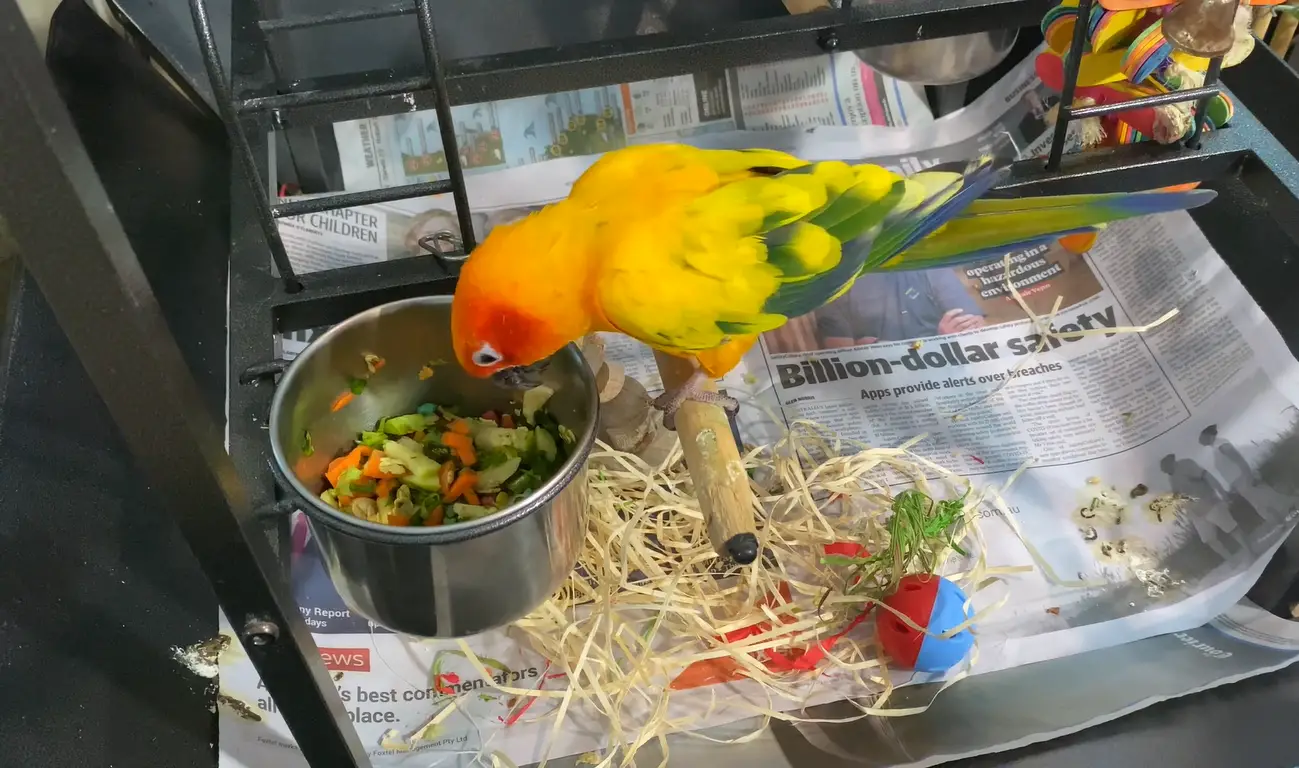Can Conures Eat Carrots?
Ever heard of a parrot that crunches on carrots like a tiny bunny? That’s right, conures, those vibrant little chatterboxes, can actually munch on these orange delights! But before you toss them a whole, let’s dive into the juicy details of carrot-loving conures. We’ll uncover how these crunchy treats benefit your feathered friend, along with some tips for safe and happy snacking. So buckle up, parrot pals, it’s time to explore the world of conures and carrots!
Carrots for Conures: A Feast for Feathers and Health
Remember that juicy question we posed earlier? “Can conures eat carrots?” Well, cast aside any doubts and unleash a flock of happy chirps, because the answer is a resounding yes! Carrots aren’t just a delicious human snack; they’re a nutritional powerhouse for your feathered friend. Think of them as tiny orange treasure chests brimming with vitamins, minerals, and antioxidants, all ready to boost your conure’s health and put a smile on their beak.
Related post-

But what exactly makes these crunchy wonders so good for your feathered pal? Let’s crack open this orange treasure chest and see what’s inside!
1. Vitamin A to See the World in Sunshine Colors: Carrots are bursting with beta-carotene, which your conure’s body converts into vitamin A. This superhero vitamin keeps their vision sharp, their feathers vibrant, and their immune system strong, ready to fight off any pesky invaders.
2. Vitamin C for a Bouncing Beakful of Energy: Ever heard of the “sunshine vitamin”? It’s not just for humans! Vitamin C helps your conure’s body absorb iron, keeping them energized and playful. It also boosts their immune system and helps them heal faster, making them the picture of feathered health.
3. Fiber for a Happy Tummy: Carrots are packed with fiber, which keeps your conure’s digestive system humming along smoothly. Think of it as a tiny broom sweeping away any unwanted bits and pieces, keeping your feathered friend feeling their best.
4. A Crunch of Antioxidants: Like tiny orange shields, carrots are packed with antioxidants. These superheroes fight off free radicals that can damage your conure’s cells, keeping them healthy and vibrant from beak to tailfeather.

So, there you have it! Carrots are more than just a tasty treat; they’re a nutritional powerhouse for your beloved conure. In the next section, we’ll explore the best ways to introduce these orange wonders into your feathered friend’s diet, ensuring they get the most out of this crunchy goodness!
Crunching with Confidence: Introducing Carrots to Your Conure
Picture this: your conure, a vibrant feathered explorer, perched proudly on your shoulder, munching contentedly on a crisp carrot. Now, let’s make that picture a reality! Introducing carrots to your conure’s diet doesn’t need to be a messy feather affair. Follow these simple tips and watch your feathered friend discover a new crunchy obsession:
1. Start Small and Simple: Like any new adventure, go slow and steady. Offer your conure a pea-sized piece of raw carrot, washed and trimmed (the leafy tops can be a bit harsh). This way, you can gauge their interest and avoid any tummy troubles.

2. Cook ‘Em Up (If They Like): While raw is best for nutrient preservation, some conures prefer their carrots cooked. Experiment with steaming, boiling, or baking (skip the oil and spices!) to see what tickles their taste buds.
3. Shape-Shifting Fun: Don’t just stick to boring old sticks! Get creative with your carrot cuts. Julienne them into thin noodles, chop them into bite-sized cubes, or even carve out fun shapes like stars or hearts. A little variety goes a long way in keeping your conure entertained and engaged.
4. Mix and Match for a Balanced Buffet: While carrots are nutritional champions, remember they’re just one part of a healthy diet. Offer your conure a rainbow of other fruits and vegetables, along with their regular pellets and seeds. This variety ensures they get all the nutrients they need to thrive.
5. Mind the Munching Moderation: Like anything good, too much of a good thing can be bad. While carrots are packed with benefits, overdoing it can cause diarrhea. Aim for a few small pieces a few times a week as a healthy treat, not a dietary staple.
Remember: Every conure is an individual with unique preferences. Be patient, observe their reactions, and adjust your approach accordingly. Soon, you’ll have a carrot-crunching connoisseur on your hands, chirping with delight and radiating vibrant health!
Bonus Tip: For a playful twist, hide small carrot pieces in foraging toys or puzzles. This mental stimulation encourages natural behaviors and keeps your feathered friend happy and engaged.
Extra Carrot Wisdom: Tips and Tricks for Feathered Feasting
We’ve established that carrots are a delightful and nutritious treat for your conure, but like any good adventure, there are a few extra bits of wisdom to guide you on your path. So, grab your metaphorical backpack and let’s explore some additional tips and considerations for feeding your feathered friend this orange goodness:
1. Organic is Optimal: Whenever possible, choose organic carrots to minimize exposure to pesticides and other chemicals. Your conure’s tiny body processes everything it ingests, so opting for organic gives you peace of mind and keeps their little systems happy.
2. Ditch the Greens: While carrot tops are technically edible, they can be a bit tough and bitter for your conure. Stick to the orange part of the vegetable, giving them the sweet, crunchy goodness they crave.
3. Wash ‘Em Well: Even with organic carrots, a quick rinse under running water is your friend. This removes any surface dirt or debris, ensuring your feathered friend enjoys a clean and safe snack.
4. Monitor the Munching: Keep an eye on your conure after introducing carrots. Some birds may experience mild digestive upset like loose stools or gas. If you notice anything unusual, adjust the amount or frequency of carrot offerings, and consult your avian veterinarian if needed.
5. Variety is the Spice of Life: Remember, carrots are a delightful treat, not a dietary staple. Continue offering your conure a diverse diet rich in fresh fruits, vegetables, pellets, and seeds to ensure they get a well-rounded nutritional punch.
6. Let Your Conure Be Your Guide: Every feathered friend has their own preferences. Some may devour carrots whole, while others prefer them chopped or shredded. Pay attention to how your conure interacts with the carrots and adjust the presentation to match their individual enjoyment.
7. Fun with Food: Don’t be afraid to get creative! Hide carrot pieces in toys, stuff them into bell peppers, or even create edible birdseed wreaths using carrot slices. Adding a little playful challenge encourages foraging instincts and keeps mealtime exciting for your feathered pal.
With these extra tips in your pocket, you’re well-equipped to navigate the wonderful world of carrots and your conure’s delightful chomping. Remember, a little orange sunshine in their diet can go a long way towards keeping them healthy, happy, and chirping with glee!
A Final Crunch of Delight: Celebrating Carrots and Conure Companionship
So, there you have it! We’ve journeyed through the vibrant world of carrots and their feathered fans, discovering that these crunchy orange delights are more than just a snack; they’re a treasure trove of health and happiness for your beloved conure. Remember, introducing these orange wonders is just the beginning of a delicious adventure. Watch as your feathered friend explores new textures, savors the sweet crunch, and discovers the joy of a healthy treat.
From sharper vision to bouncier energy, carrots offer a nutritional boost that shines from beak to tailfeather. But beyond the vitamins and minerals, there’s an even sweeter reward: the joy of sharing a tasty treat with your feathered companion. Watching your conure chomp with delight, feathers fluffed and eyes sparkling, is a bonding moment like no other.
So, grab a carrot, perch your feathered friend by your side, and share in the crunchy wonder of this healthy feast. Remember, it’s not just about the treats; it’s about the love, the laughter, and the joyful chirps that fill your home with the music of a feathered friendship. With each orange nibble, remember: carrots are more than just food; they’re a celebration of vibrant health, playful exploration, and the unbreakable bond between you and your feathered companion. Happy crunching!
